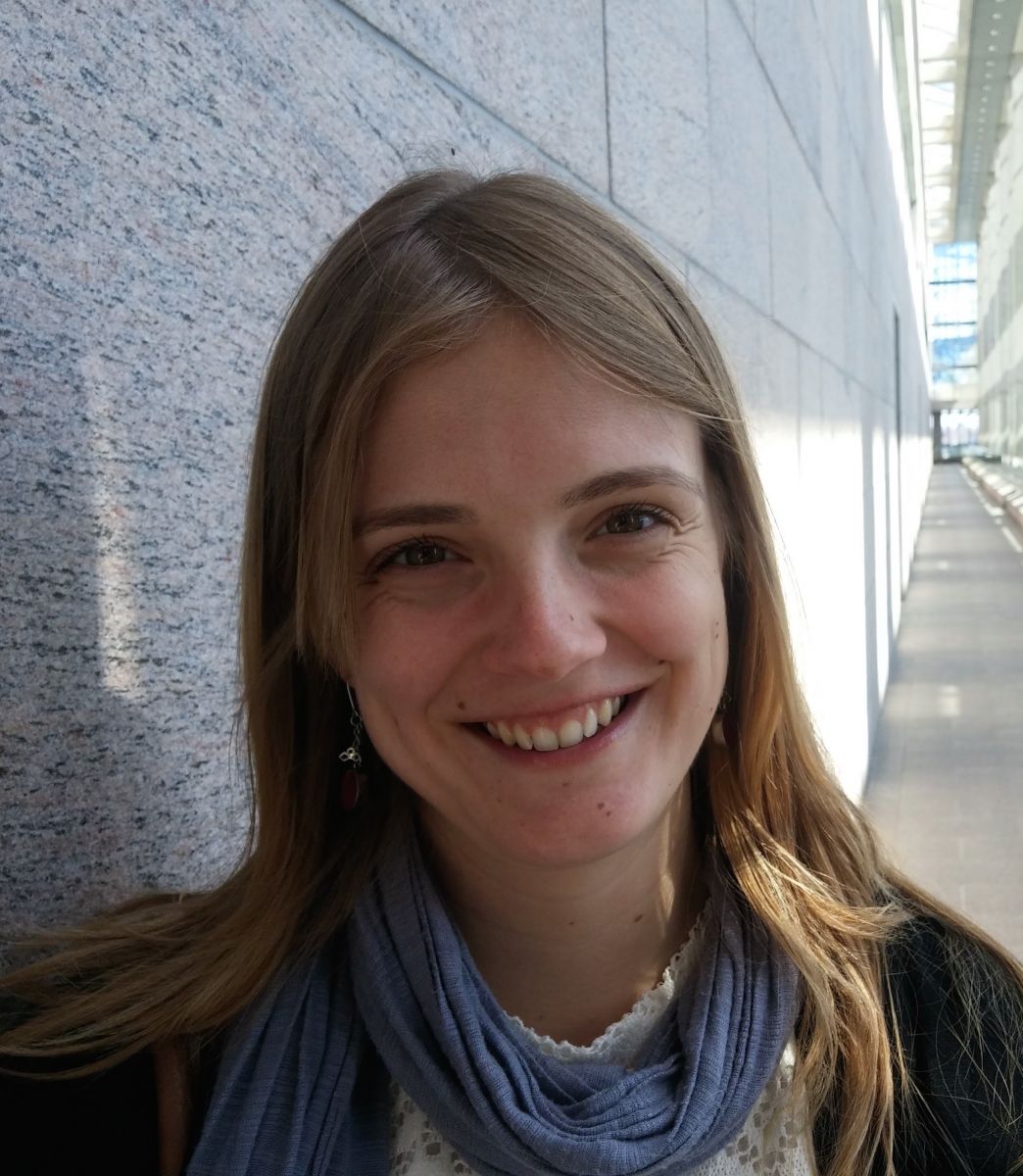Rebecca Hall, we are pleased to have you join the MinErAL Network. Could you please tell us what are your main research interests and areas of expertise?
I’m delighted to join the network. I’m so looking forward to learning from the team.
For myself, I’m a feminist political economist interested in the gendered relations of resource extraction, settler colonialism, and Indigenous resurgence. I came to the study of extraction in a somewhat sideways fashion: before attending graduate school, I worked for a frontline gender violence program with The Native Women’s Association of the Northwest Territories. There, I heard stories of the major ways in which extraction had changed people’s lives. It was from these experiences that my current research and community development interested emerged.
My book, Refracted Economies: Diamond Mining and Social Reproduction in the North, out this year with the University of Toronto Press, examines the interaction of extractive labour, caring labours and community labours in the context of the diamond industry in the Northwest Territories, Canada. I carried out that research in partnership with The Native Women’s Association of the Northwest Territories. I continue to research issues of extraction and gender violence, and the intersections of caring labours and extractive labours. My more recent work examines community perceptions, aspirations and experiences of mine closure.
Could you please tell us more about your current projects and your (Indigenous) partners?
I’m currently working with Dedats'eetsaa, a Research and Training Institute housed within the Tłı̨chǫ Dene government on a project examining community experiences, concerns and development aspirations related to forthcoming diamond mine closure. I’ve been very lucky, in this project, to work through Dedats’eetsaa’s research network, entitled “We Will Not Be Banned From Our Land”. This community-led network brings university and community researchers together to discuss projects with intersecting themes related to Tłı̨chǫ relations to land and community wellbeing. Through this network, our mine closure inquiry, which has focused on the relationship between the land-based economy and the extractive economy, has received much guidance and support from Dedats’eetsaa staff, including Chairperson, John B. Zoe, and from Tłı̨chǫ government and community members.
At the invitation of Dr. Arn Keeling, a member of the MinEral Network, we recently brought this work to an international Indigenous Exchange Forum on Mine Closure, hosted at the University of Queensland. This was a wonderful opportunity for communities and researchers to come together to discuss their experiences with mine operations and shared concerns around mining and mine closure. The Tłı̨chǫ was one of three Canadian communities who participated; the Canadian cohort was supported by MinErAL, which is what led to me joining this network.
What outcomes do you expect from your collaboration with the MinErAL Network?
In joining the network, my hope is to deepen these existing collaborations, while also building connections with communities and scholars across the network. The participants in the Indigenous Exchange Forum on Mine Closure expressed their desire for future collaborations, and certainly, for me as community-based research, the Forum was a wonderful example of rich and meaningful knowledge sharing. I hope to continue nurturing these connections, both domestically and internationally.
I also have an ongoing interest in comparative work on gender and extraction, so I look forward to connecting with members of the network who are engaged in these issues.


